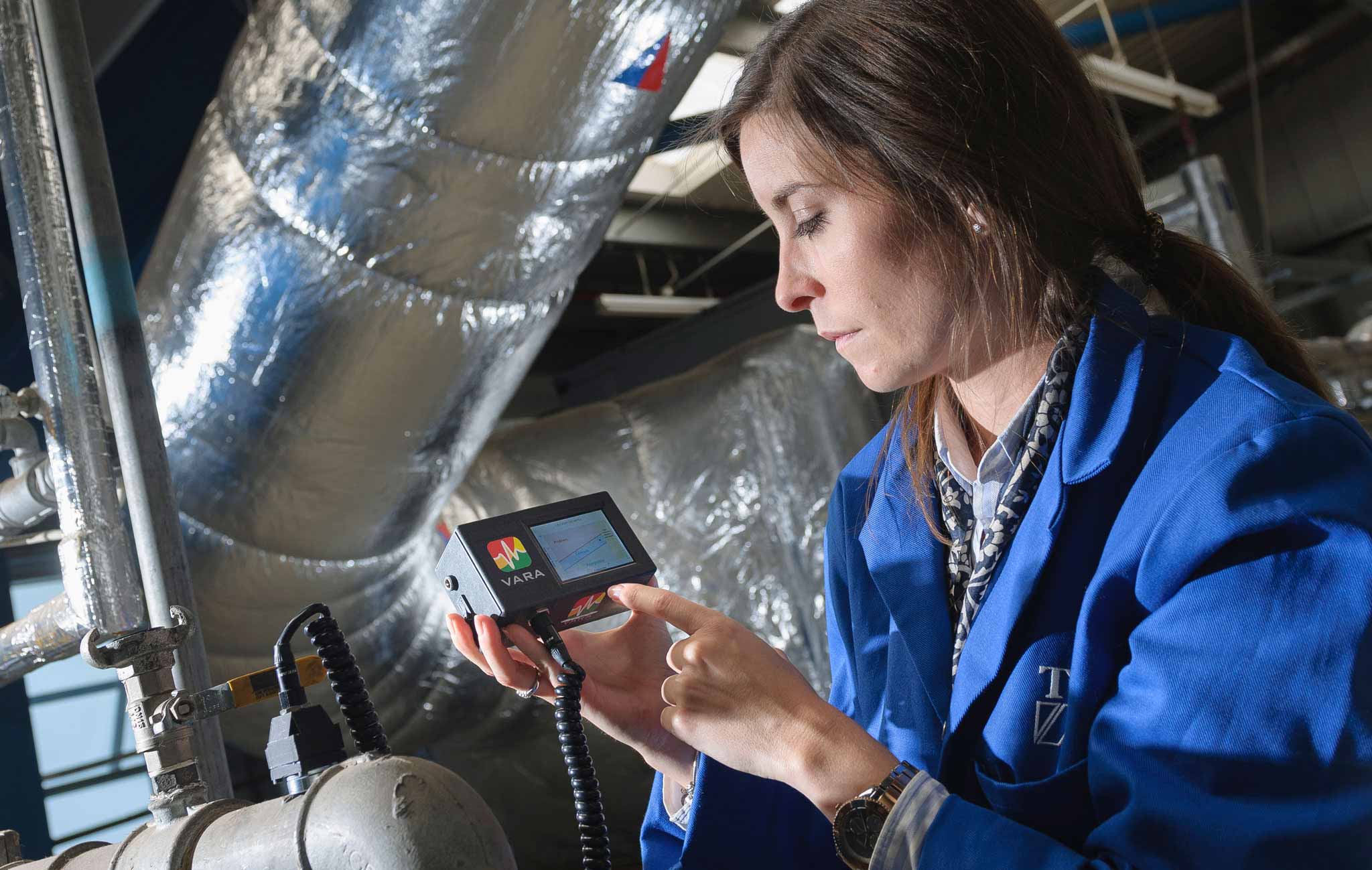

At the end of the training course, participants will be able to
Who is this course for, and can benefit the most
Day 1
Module (01)condition monitoring introduction
Day 2
Module (02) principles of vibration analysis
Module (03) vibration measurement sensors
Day 3
Module (04) vibration analysis fundamentals
Module (05) Rotor unbalance fault detection and solving
Day 4
Module (06) misalignment defect detection and solving
Module (07) bearing defects detection and solving
Day 5
Module (08) other common machinery defects
| Code | Date | Venue | Fees | Register |
|---|---|---|---|---|
| ME178-02 | 14-06-2026 | Dubai | USD 5450 | |
| ME178-03 | 23-08-2026 | Salalah | USD 5450 | |
| ME178-04 | 20-12-2026 | Amman | USD 5450 |
Providing services with a high quality that are satisfying the requirements
Appling the specifications and legalizations to ensure the quality of service.
Best utilization of resources for continually improving the business activities.
CDGA keen to selects highly technical instructors based on professional field experience
Since CDGA was established, it considered a training partner for world class oil & gas institution
3012, Block 3, 30 Euro Business Park, Little Island, Co. Cork, T45 V220, Ireland
Mon to Fri 09:00 AM to 06:00 PM
Contact Us anytime!
Request Info